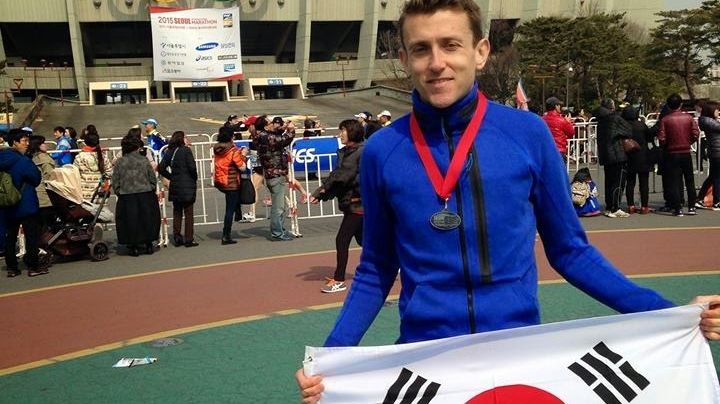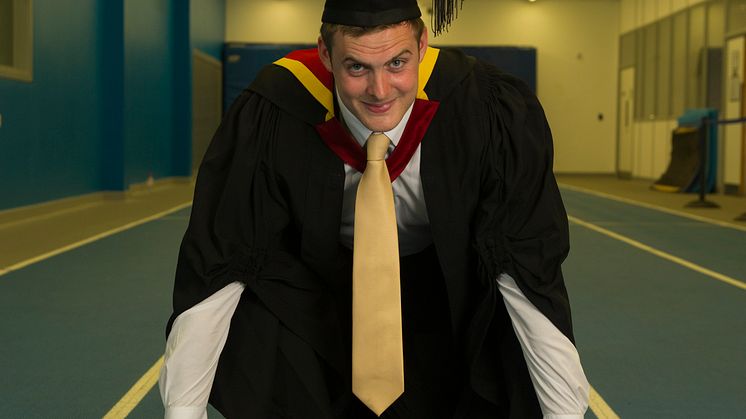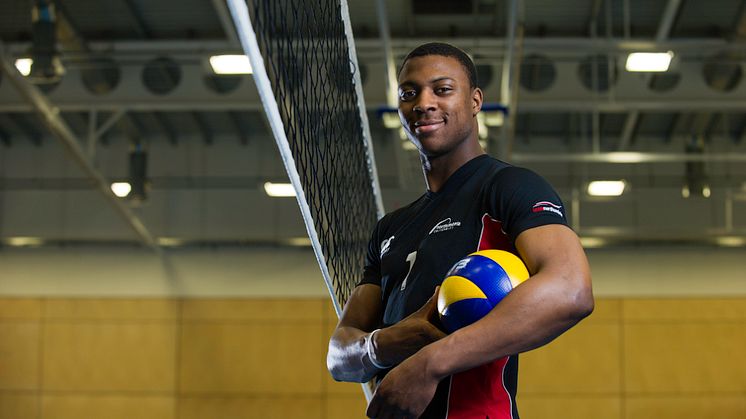Press release -
EXPERT COMMENT: Five new sports announced for Tokyo 2020, but where does the future of the Olympics lie?
Mikhail Batuev, Lecturer in Sport Management in the Department of Sport, Exercise and Rehabilitation at Northumbria University, writes about the 2020 Olympics for The Conversation.
Surfing, skateboarding, climbing and karate will become Olympics sports for the first time ever at Tokyo 2020 after a long-anticipated decision was confirmed by the International Olympic Committee (IOC) on August 3. Baseball/softball has also been let back into the games for the first time since 2008.
Since the Olympic governing body said that five new sports would be approved as a “package” rather than individually, the decision became a matter of formality. But how did these sports end up on top? Why were they the chosen ones, and not squash, roller sports or wushu, a Chinese martial art?
The first reason is simple: they are relevant to Japan. Baseball is Japan’s biggest sport by a mile, karate is a traditional favourite and skateboarding is popular among young people. What the IOC did – and is probably going to do from now on – is empower the Olympic host cities to create their own sport programmes.
This is a reasonable approach. Japanese spectators and TV viewers will be much more interested in baseball than, say, the modern pentathlon – even though it is not being dropped from the programme in 2020. It’s possible that there will be more local favourites as the Olympics continue to rotate among the continents in the future. The next US Olympics might see American football; and if India ever become a host country then cricket will surely get a look in.
Under the IOC’s Agenda 2020, no sports will be removed from the programme to accommodate new ones – which would have happened in the past. But the number of disciplines and athletes taking part is limited, so it’s likely that some sports will be reduced in numbers.
Get ready for action
But there is a second rationale behind the five-sport package announced for Tokyo. Never before have so many so-called “action” sports entered the Olympics simultaneously. Skateboarding, climbing and surfing follow in the footsteps of fellow extreme sports BMX and snowboarding, which have been unanimously praised as breaths of fresh air to the summer and winter Olympics.
This is clearly a sign of where the future lies for the games, as these sports will mostly attract a young audience: teenager viewers who will be consumers of the Olympics in years to come. Although, to be brutally honest, the Olympic games exist nowadays to make profit first and foremost, and in the process pursue some broader sporting and social objectives.
Olympic broadcasters and sponsors (mainly from North America) would welcome skateboarding, as the number of people who regularly skateboard in the US alone is estimated to be about 14m. And it’s probably at least as many teenagers play the blockbuster video games endorsed by the skater Tony Hawk.
What it means for the new sports
For the newly chosen sports, the Olympic exposure makes a difference in sponsorship and state funding in most countries – although most of these benefits are indirect and hard to measure. That is why sport climbing has been applying for an Olympic spot for the last decade – a journey that I have followed in my own research. And that is why there has been a power struggle between several governing bodies claiming to “own” international skateboarding.
Nor is there any clear consensus on whether the new sports are unanimously happy about being in the Olympics. Most elite athletes of competitive sports look forward to being in the spotlight and having a chance to become part of the biggest multi-sport event on the planet. But the Olympic movement is a purely competitive aspect of sport and emphasises bureaucratisation and control. This is where it clashes with traditional cultures of surfing, climbing and skateboarding that all have historically been about freedom of self-expression and reluctance to being regulated by governing bodies.
Here is what Sage Kotsenburg, the current Olympic champion in snowboarding, tweeted immediately after the IOC’s decision:
Her hashtag perfectly summarised the idea of self-organisation of extreme alternative sports, whose athletes advocate that they must be organised from the inside not from the outside. Scepticism towards the Olympics by skateboarders has been fuelled by the case of snowboarding, particularly as the IOC gave the right to manage this sport to the International Ski Federation.
Many climbers, surfers and skateboarders are scared that they might lose control to organisations and people that don’t understand their sports. The IOC idea’s of combining all three disciplines of climbing in one, so that athletes will have to do bouldering, speed and lead, is something that many climbers I spoke to during my research are not happy about and see as a sign of lack of respect and understanding of their sport. In skateboarding, surfing and climbing, there have been numerous online petitions claiming that the Olympic movement only wants to exploit their sports.
So while it looks like Tokyo 2020 will be the first truly experimental Olympics, every sport will have to prove its worth with no sport guaranteed a place at the next games in 2024. The danger is that the whole Olympics could become a little disintegrated, with sports making fleeting appearances for a few games, and decisions about whether they stay or go, or new sports appear, made based on the particular marketing needs of countries, sponsors and broadcasters. So enjoy the next few weeks in Rio 2016 – it’s likely to be the last “traditional” Olympic games.
This article was originally published in The Conversation. Read the original article.
Topics
Categories
Northumbria is a research-rich, business-focused, professional university with a global reputation for academic excellence. To find out more about our courses go to www.northumbria.ac.uk
If you have a media enquiry please contact our Media and Communications team at media.communications@northumbria.ac.uk or call 0191 227 4571.












